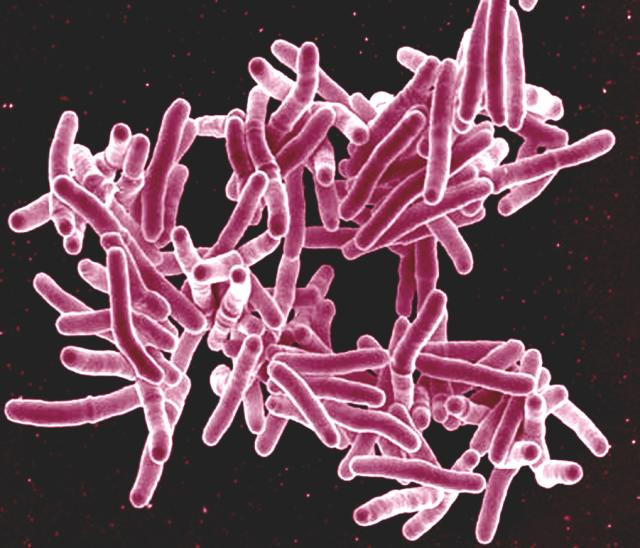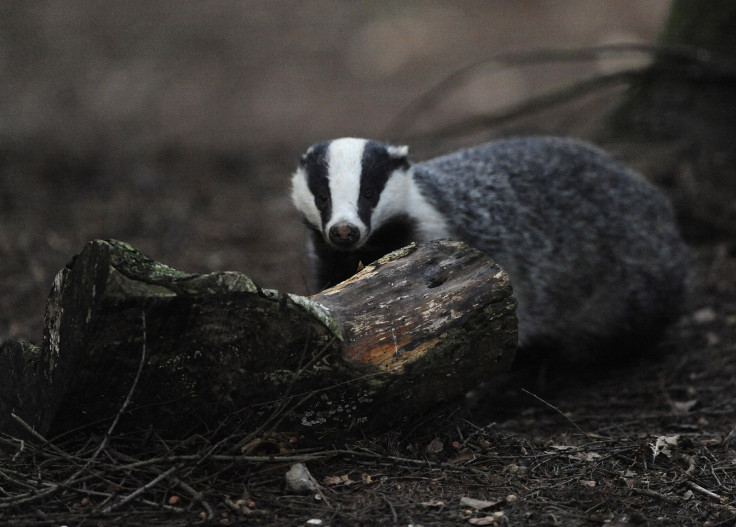Scientists claim to have genetically engineered cows so they are resistant to tuberculosis
Tuberculosis is a huge problem in cattle, leading to widespread culling.
Scientists in China claim to have genetically engineered cows that have heightened resistance to tuberculosis. Eleven calves were raised with the gene using a modified version of the CRISPR-Cas9 gene-editing technique called CRISPR-Cas9n. The NRAMP1 gene made the calves more resistant to TB, showing less signs of infection in blood samples, according to a paper published in the journal Genome Biology.
The researchers inserted NRAMP1 into a type of cell called a fibroblast from dairy cows. When the gene was established in the genome of the cell, they transferred the nucleus with the updated genetic material to a dairy cow's egg cell. They then created an embryo using sperm from a dairy cow before implanting the embryo into a female cow's uterus.
The researchers say that the genetically modified calves did not show any unwanted side effects from the process. They suggest that the CRISPR-Cas9n technique may be better for inserting genes into mammals than other versions of CRISPR technology.
Honing in on the right spot
The difficulty in using established CRISPR techniques in mammals is finding the right place to insert the new gene, study author Yong Zhang of Northwest A&F University in Shaanxi, China said in a statement.
"You have to hunt through the genome, looking for a region that you think will have the least impact on other genes that are in close proximity," he said. "We employed a meticulous and methodological approach to identify the best suited region for gene insertion, which we show has no detectable off target effects on the bovine genome."
The researchers say that this location could be a good target site for other genes besides NRAMP1.
"Our work has led to the discovery of a useful position in the bovine genome that can be targeted with this gene-editing technology to successfully insert new genes that benefit agricultural livestock."

Further to go
However, some researchers are doubtful about whether the transgenic cattle in the study were really had resistance to TB. Alan Archibald, head of genetics and genomics at the Roslin Institute at the University of Edinburgh, told IBTimes UK that only some markers of resistance had shown up in the tests on the transgenic cows.
"Not clear to me that the authors have demonstrated that the transgenic cows are resistant to TB. They see some difference between the genetically modified animals and the controls," Archibald said.
In order to get a full measure of how NRAMP1 was affecting the cattle, it would be necessary to allow the disease to fully progress in the controls and when they died see how their disease lesions in the lungs compared with the genetically modified cattle.

Scale of the problem
In principle, however, Archibald said that gene editing was a good way to try to tackle the problem of TB in cattle. "I personally believe gene editing is an appropriate technique to use in farmed animal species, and there will be some useful socioeconomic benefits that can flow from that in terms of food security," he said.
In the UK there is no treatment offered for TB in cattle, and any animals with a positive test result are slaughtered to limit the spread of the disease. Tens of thousands of cattle are culled each year in the UK alone due to positive results from TB tests. In 2015, 36,000 cattle were slaughtered, according to annual Defra figures. In the UK, badgers are also culled as some reports suggest that they can spread TB between cows.
Greenpeace, which is anti-genetic modification, did not respond to a request for comment.
© Copyright IBTimes 2025. All rights reserved.






















